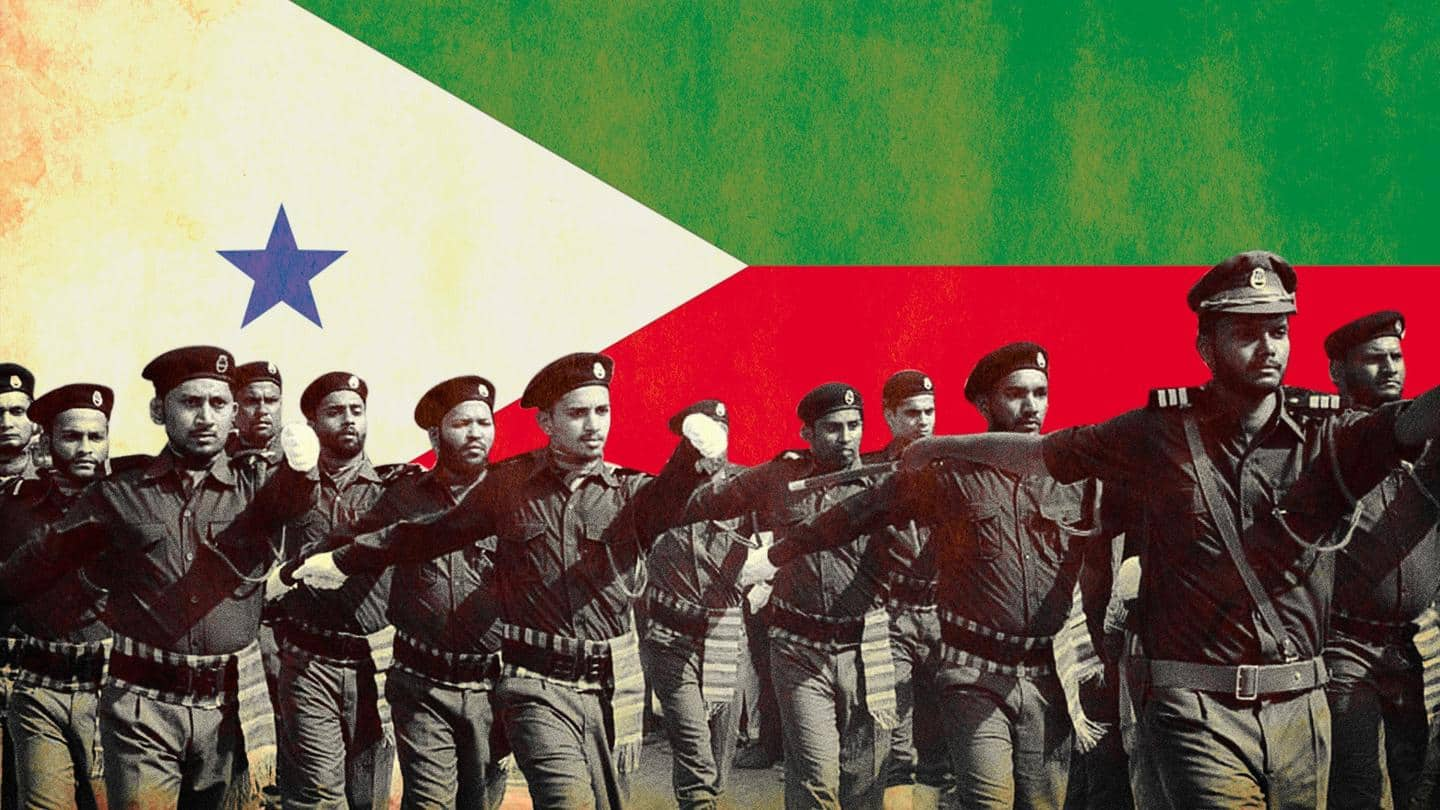
#NewsBytesExplainer: What's PFI and why has the Centre banned it?
What's the story
The Centre banned the controversial Popular Front of India (PFI) on Wednesday under the draconian Unlawful Activities (Prevention) Act (UAPA).
The ban comes after its cadres were charged with alleged terror-related activities.
The new directive is expected to cripple PFI's funding, recruitment, and other activities as anyone found associated with it can be booked on terror charges.
Here are more details.
Context
Why does this story matter?
PFI is reportedly an extremist group created by members of the banned terrorist organization Students' Islamic Movement of India (SIMI).
Over 100 PFI-linked locations have been raided on suspicion of terrorism promotion since last week. However, the organization describes it as an attack on minorities.
Previously, the National Investigation Agency (NIA) alleged that PFI trains people to commit terrorist activities, and causes communal divides.
About
Founded as a collective of Muslim organizations
The PFI was formed in South India in 2007 by the amalgamation of three Muslim organizations: the National Development Front in Kerala, the Karnataka Forum for Dignity, and the Manitha Neethi Pasarai in Tamil Nadu, according to PTI.
The body was formed at a rally in Bengaluru in February 2007, four months after the merger decision, it said.
Details
What does PFI claim about its work?
According to PFI officials, the organization defends the rights of minorities, Scheduled Castes, and other oppressed groups.
It has been at odds with the JD(S), the Bharatiya Janata Party (BJP), and the Congress in Karnataka.
However, the majority of these parties continue to charge one other with keeping cordial connections with the PFI in order to win over Muslim votes, reported The Indian Express.
Politics
Political group with no electoral ambitions like VHP, RSS
According to reports, the PFI, unlike the VHP and RSS, has not filed candidates in elections.
However, the Social Democratic Party of India was created within the PFI two years after its creation in 2007 to address the political challenges of Muslims and disadvantaged communities.
Notably, PFI was established after the SIMI was banned in 2001.
Reason
Why did Centre ban PFI?
In a two-page order, the Centre said that PFI and its affiliates have been pursuing a "secret agenda" to radicalize one section of the society, and have been allegedly indulging in unlawful activities.
"These activities are prejudicial to the integrity, sovereignty, and security of the country and have the potential of...supporting militancy in the country," reads the notification.
Investigation
Why is the PFI under NIA, ED radar?
According to the Hindustan Times, the Enforcement Directorate (ED) is looking into the PFI's suspected "financial ties" to the country's anti-Citizenship (Amendment) Act demonstrations.
ED is also probing their role in inciting the 2020 Delhi riots, an alleged conspiracy in the case of gang rape and murder of a Scheduled Caste woman in Hathras, Uttar Pradesh, and a few other incidents.
Information
Student wing of PFI linked to money laundering case
In the backdrop of the Hathras gang-rape case, the ED filed its first chargesheet against the PFI and its Campus Front of India (CFI) student branch on money laundering allegations last year, alleging that its members aimed to "incite communal riots and propagate terror."
Implications
What does the ban imply?
PFI and its remaining office bearers would not be able to organize protests, seminars, conferences, donation exercises, or come up with publications, and any such activity after the arrests of its top leadership in a crackdown since September 22.
Central agencies and the local police can immediately declare the activities illegal. The cadre-based organization is further going to face action in the coming days.